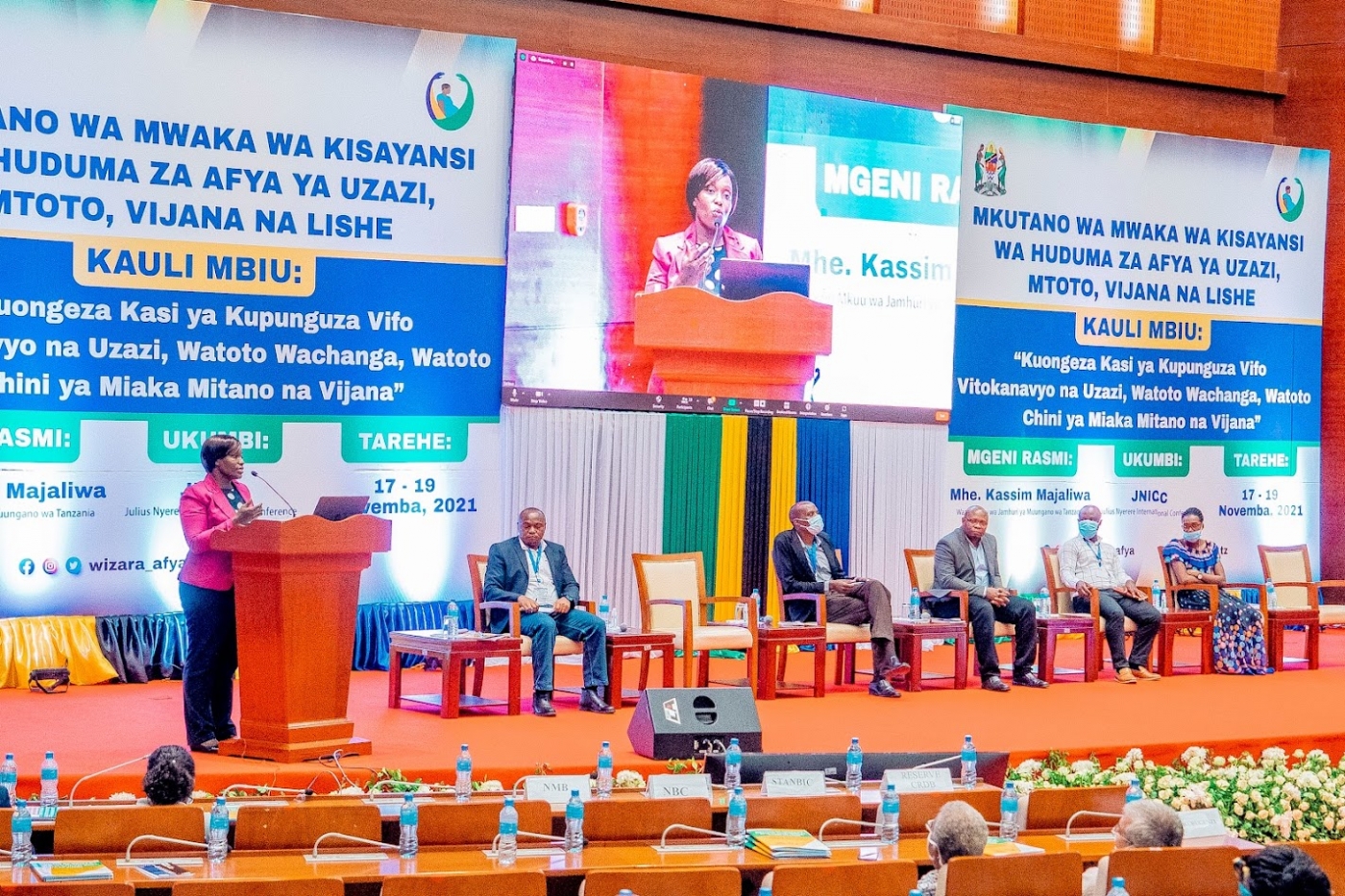
Studies in Tanzania and beyond have documented disrespect and abuse of women during childbirth in health facilities. Evidence suggests such mistreatment can lead to poor health outcomes, reduces trust in the health system, and impacts future care-seeking. Progress in Tanzania includes increasing awareness and recognition of mistreatment, development of policies and guidelines as well as attempts to implement interventions to advance respectful care. In effort to complement these existing efforts in the field, the Ministry of Health, Community Development, Gender, Elderly and Children has demonstrated high level and esteemed political will and role played strong leadership. In collaboration with other agencies and partners such as WRA’s advocacy efforts, WHO’s quality of care framework and the WHO’s Quality of Care network and the USAID’s HEARD Project, a lot has been achieved in promoting and integrating the RMC agenda and the corresponding interventions in the Tanzanian health system. Most of the USAID’s HEARD project activities, for example, were tailored and committed to support the implementation science activities with the potential to accelerate the integration and scale-up of innovative policy and program approaches to advancing respectful maternal care.
Today, we are all proud of the achievements that Tanzania has made including development of the National Guidelines for Respectful and Compassionate Care as well as Guidelines for Mainstreaming and Integration of gender and respectful care for RMNCAH services in the country. These achievements, as mentioned earlier result overall effort of a wide spectrum of partners and platforms at global, regional, and country levels. Of recent, HEARD Partners; Africa Academy for Public Health (AAPH), Ifakara Health Institute (IHI), The Americares, EngederHealth and University Research Co., LLC (URC) to name a few have been catalytic to some of the implementing and implementation assistance organizations to sustain RMC innovations and share lessons learnt in their remarkable efforts to generate, liberate and apply scientific evidence for improvement of policy and practice on RMC.
As we together strive to realize RMC and improve healthcare services in our great nation under the leadership of the Government of Tanzania, we sought to interest and share with RMNCAH Annual Scientific Conference delegates the work we have done so far.
The RMC Panel at RMNCAH Annual Scientific Conference was executed in two phases. The first phase entailed the introductions of the topics and presentation of works done (in the four areas mentioned in the four objectives above) by some of the RMC implementing institutions. This was done by power point presentations together with audience interaction from time to time.
The second phase involved the discussion of the presented RMC implementation efforts at a national level scope by a representative from the MOHCDGEC. In this phase, government efforts, plans, achievements, challenges, and opportunities in the RMC implementation were discussed among the panelists and with the audience at large in the form of Questions and Answers.
